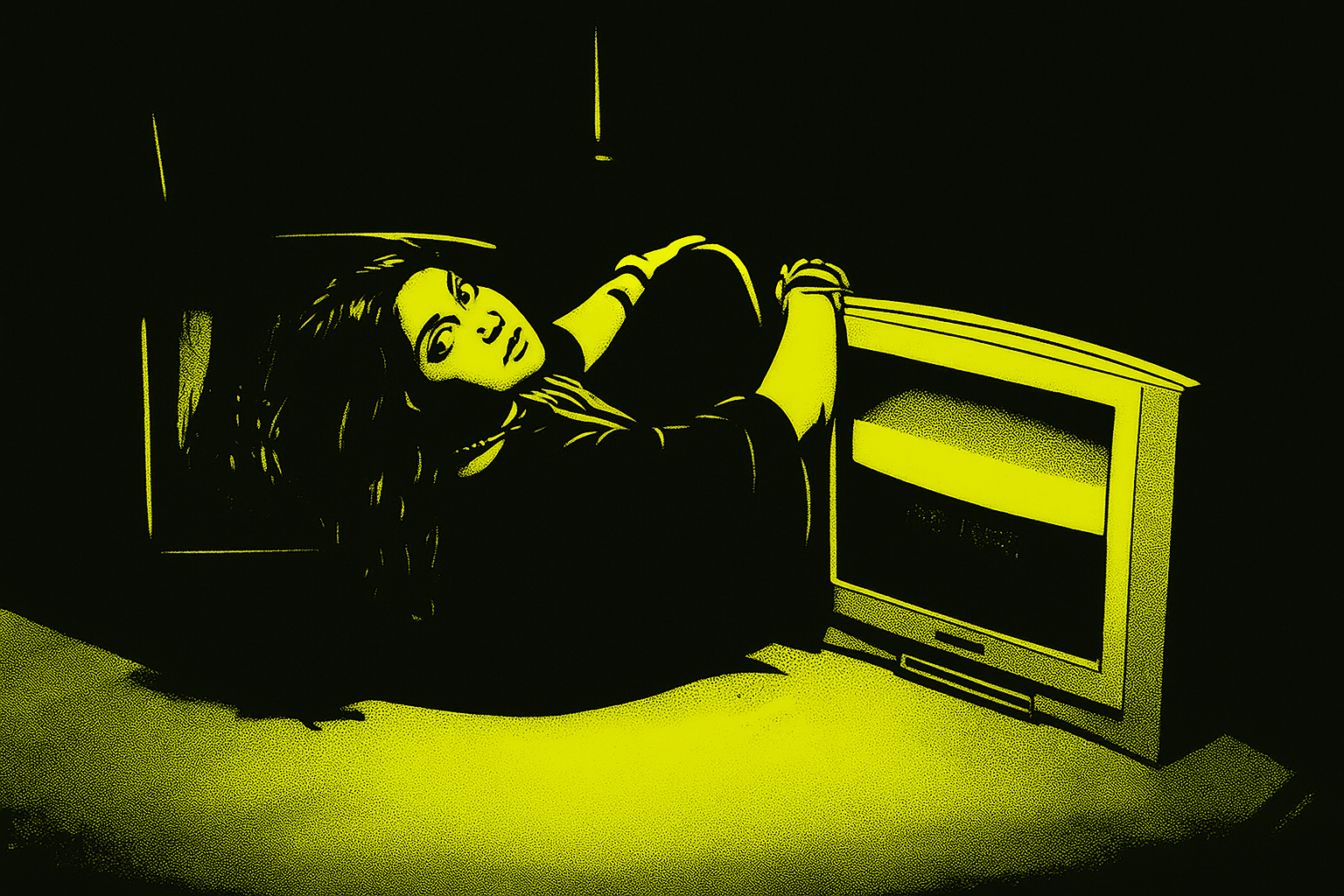When chaos hits, information becomes a weapon. This Information Triage Guide teaches you how to separate real intel from noise, slow your reactions, and make clear decisions under pressure. You’ll learn practical steps to verify sources, cross-check reality, and keep your attention focused on what actually matters so you don’t drown in the data flood. Perfect for digital crises, fast-moving news cycles, or any moment when panic tries to take over.
The biggest risk during a crisis is acting on bad data. Most people drown in the first ten minutes because of information overload. They react to the the loudest signal or the scariest possibility and move as fast as they can. That is how mistakes happen, ops collapse, and people get burned. When channels flood with noise you need triage. Real power starts when you stop reacting to every input like it’s truth.
The First Rule: Slow Down the Feed
Clarity demands delay, even when panic is screaming at you for speed. When the situation goes sideways or the information starts conflicting, your first reflex will be to react immediately on the worst case scenario. Don’t.
Slowing the feed means creating a pause between input and interpretation. You don’t know what’s real yet. Every refresh is another injection of noise. Every action changes the parameters.
Here’s the reset:
- Freeze. Stop. Really, stop what you are doing.
- Breathe. One long exhale resets cognitive bandwidth.
- Reframe. Say out loud what’s actually known. Not guessed.
This allows your nervous system to drop out of panic mode and lets decision making come back online.
Phase One: Verify the Source
Most of what hits your feed is unverified. Treat it that way, your only advantage is discipline. You have to verify before you react.
Ask yourself before reacting:
- Who’s saying it? Do you actually know them? Has their tone changed?
- Where did it come from? If it’s public or anonymous, it’s probably tainted.
- What’s it pushing you to do? Urgency without context is manipulation.
Real information informs. Fake intel urges action. Verify before you move.
Phase Two: Cross Check Reality
When you can’t verify a source, check multiple sources. You need at least two independent confirmations to upgrade a rumor to a probable fact. If you can’t confirm a source directly, stack signals. Look for overlap between what you can observe and what’s reported.
Cross confirmation doesn’t mean you’re right. It means you’ve built a picture that’s close enough to act on some level of confidence instead of blind panic.
Phase Three: Prioritize the Flow
Our attention is finite. So triage it:
- Critical: Stuff that changes your next move.
- Relevant: Useful context to watch for. Pattern change, new source, verified updates.
- Noise: Everything else. Unverified, emotional, or redundant.
Don’t chase commentary, speculation, or fear loops. The more you input you consume, the less you see. When everyone’s spinning out, the calm one notices what’s missing.
Phase Four: Decide in Layers
Forget perfect decisions. Go incremental and use a layered approach:
- Now: What reduces risk in the next 60 seconds? Action or inaction?
- Next: What’s my next move 10 minutes from now if the situation remains?
- Later: What’s my plan if this lasts hours or days?
You don’t need certainty, you just need to not dig a deeper hole due to indecision or over reaction.
Decision making during chaos isn’t about one perfect move. This system prevents paralysis by giving your brain immediate actions, next tactical steps, and a strategic plan to operate from instead of a crash of everything all at once.
When Channels Go Dark
If comms fail or feeds vanish, fall back to what you prepped.
- Keep an offline list of your trusted contacts.
- Have a default protocol if silence ever occurs.
- Write down the “if this, then that” plans when you’re calm. i.e. If you lose comms beyond X hours, enact fallback plan Y.
Never wait for confirmation from a system you don’t control. You’re alone with your own judgment. When you can’t reach anyone, become the node. Gather. Verify. Act locally.
Mental Triage Under Noise
Information overload is psychological. Every headline, ping, and notification taxes working memory. Under adrenaline, your brain turns into a bad sorting machine.
Train your triage reflex:
- Pick one trusted source per topic. Mute the rest.
- When scanning feeds, ask: Does this change my next move? If not, ignore.
- Keep written checklists for different situations. Paper beats panic. You have several ready to print out right now in the field manuals kits.
The system you train now will be the system that runs when everything else burns. You don’t have to know everything. The goal is to know what matters in that moment.
Stay calm. Verify. Move slow. That’s how you outlast the storm.
-GHOST
Written by GHOST, creator of the Untraceable Digital Dissident project.
This is part of the Untraceable Digital Dissident series — tactical privacy for creators and rebels.
Explore more privacy tactics at untraceabledigitaldissident.com.
Additional Resources:
- Handbook on Identifying and Countering Disinformation PDF
- The Standard Response Protocol PDF
- Crisis Mode Hub – Active threats, fast responses, and RF quieting.
